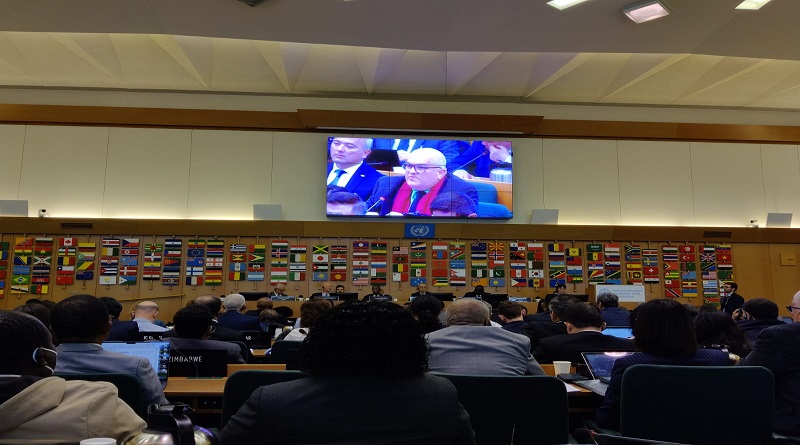More than 80,000 people disappeared in Brazil in 2020. Thirty thousand were children. In Rio de Janeiro alone, 80 children disappear, on average, every month. This not very encouraging data comes from the National System for Locating and Identification of the Disappeared
The Foundation for Childhood and Adolescence (FIA) informs that, currently, 600 children and adolescents are missing in the state of Rio de Janeiro. Among the reasons: family conflicts, mistreatment and abuse.
Luiz Henrique, manager of the SOS Missing Children Program, from the FIA, highlights the importance of integrated actions by several institutions on the subject in order to prevent new cases of disappearances. “Brazil needs to pay attention and schedule this issue, which are missing children and adolescents. It is important for us to publicize it, raise awareness among the population. Take good care of your child, do not hit, talk, always, education professionals also have to be attentive, together with guardianship councils.
If a child goes missing, the guardian should not waste time. The recommendation is to immediately go to the nearest police station and file a police report. No need to wait 24 hours.
During this week, the Public Defender’s Office and the FIA carry out a series of actions that mark the National Week for the Search and Location of Missing Children. This Thursday, representatives of the Department of Social Development and Human Rights of the state of Rio are at Central do Brasil answering questions and explaining what to do in cases of disappearance, and what are the main channels for assistance.
They are also distributing information booklets and identification bracelets for children.








